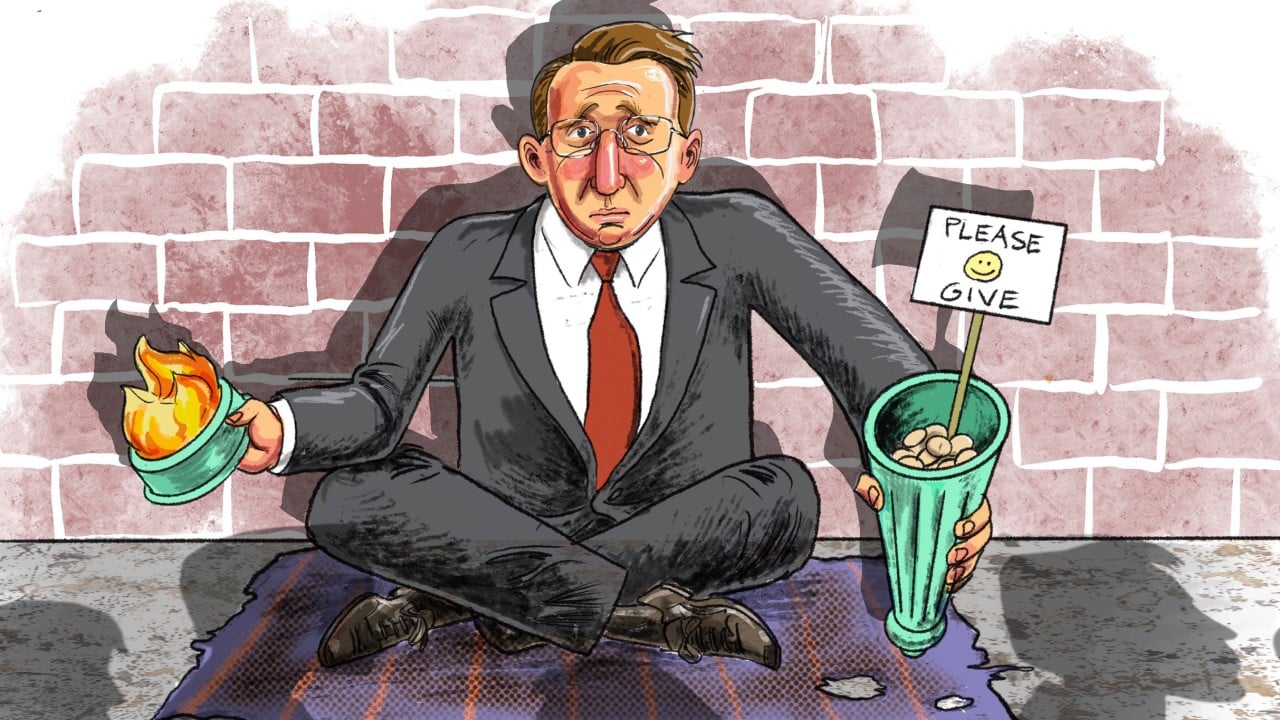Western media outlets and think tanks have warned that artificial intelligence (AI) could pose an existential threat to democracy. The early internet and digital communication tools helped disperse political power and strengthen public participation. But today’s advanced algorithms and data-driven systems are often seen as doing the opposite: centralising influence rather than fostering openness.
Advertisement
Another common fear is that AI-generated texts, images and voices could be weaponised to manipulate public opinion and interfere with elections.
These concerns are legitimate, yet they risk overshadowing a more uncomfortable and fundamental question: can Western-style liberal democracies still deliver prosperity and stability to their citizens, AI or not?
Democracy has never been humanity’s sole or universally perfect political model. For centuries, monarchies, empires, city-states and confederations shaped societies. Today’s multiparty representative democracies only became widespread in the late 19th century. Liberal democracy’s dominance in the West emerged largely post-war, sustained not only by freedoms but also by rapid economic growth and rising living standards.
From the 2000s, however, widening income inequality and the retreat of the welfare state began to undermine this foundation. In the United States, worsening wealth disparities, soaring healthcare and education costs, the 2020 Black Lives Matter protests and 2021 Capitol riot all exposed deep cracks in the democratic system. In Britain, the 2016 Brexit referendum triggered years of political and economic uncertainty; the country has since had six prime ministers.
Advertisement
In France, the “yellow vest” movement that emerged in 2018 put inequality and rural stagnation at the centre of national debate. Polls tell a similar story. A Pew Research Centre survey of 12 high-income countries found satisfaction with democracy in the West has fallen sharply – from 49 per cent in 2021 to just 35 per cent this year. Populist movements on both the right and left have surged, fuelled by growing disillusionment.

